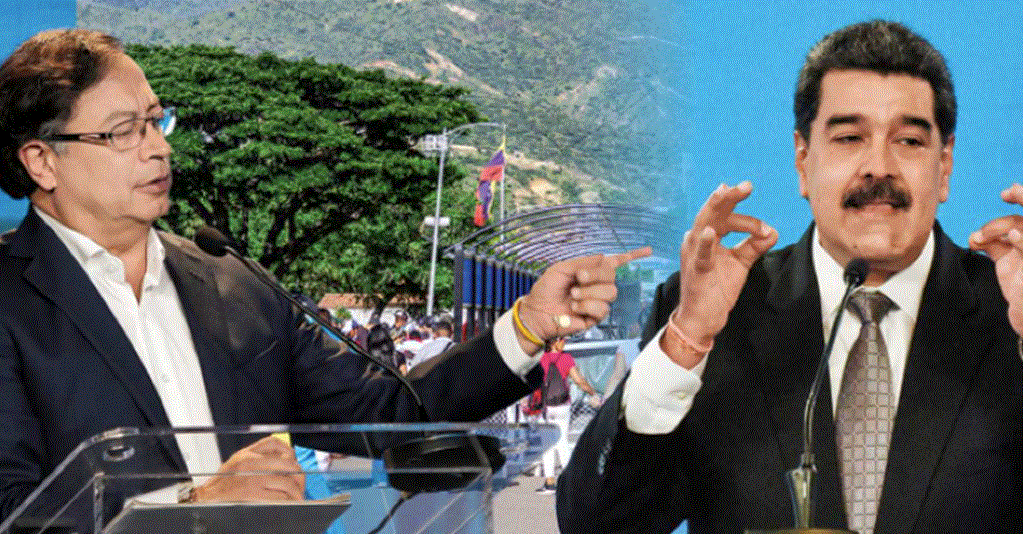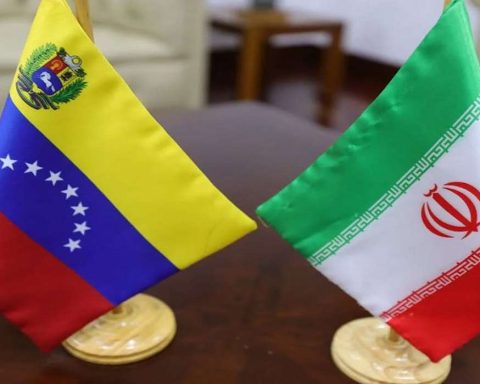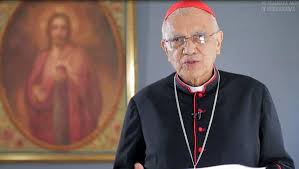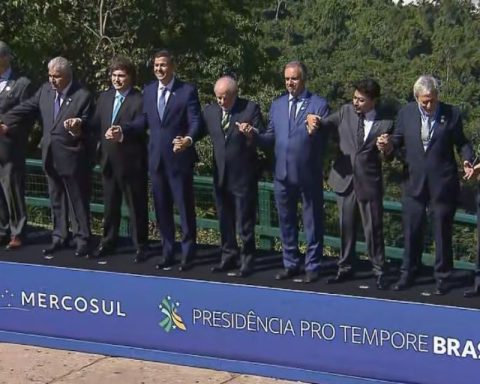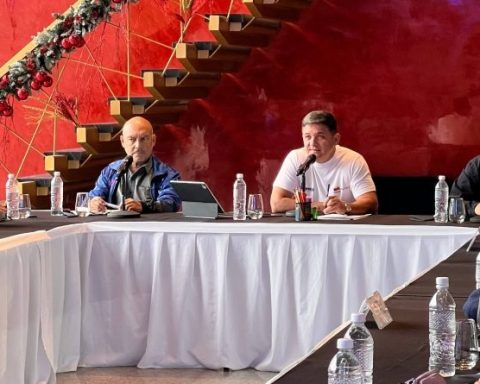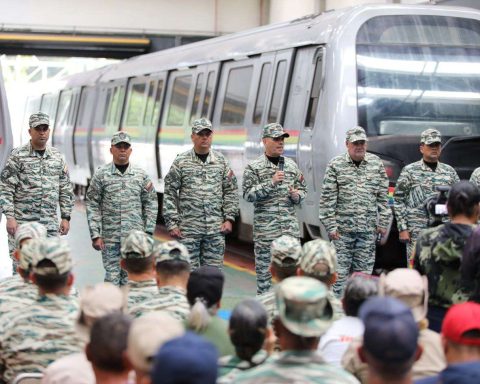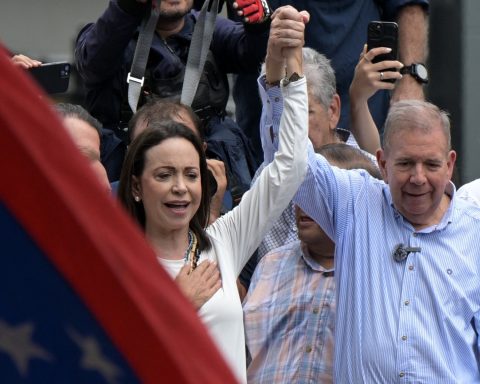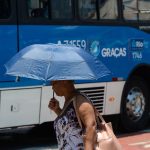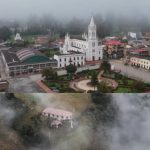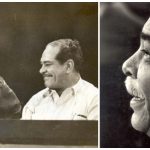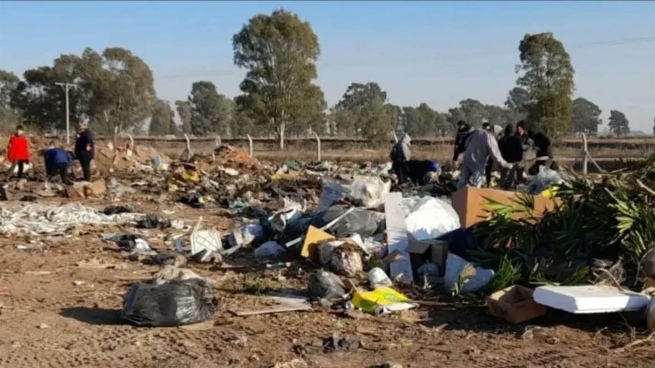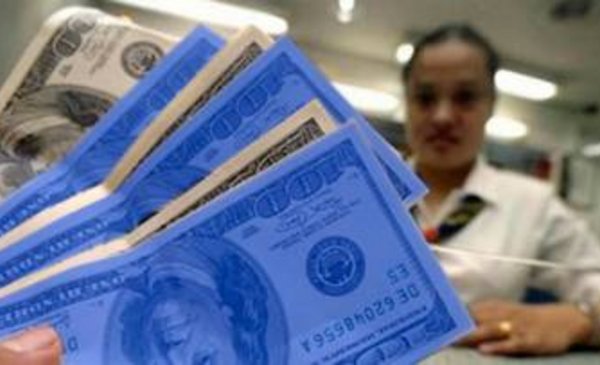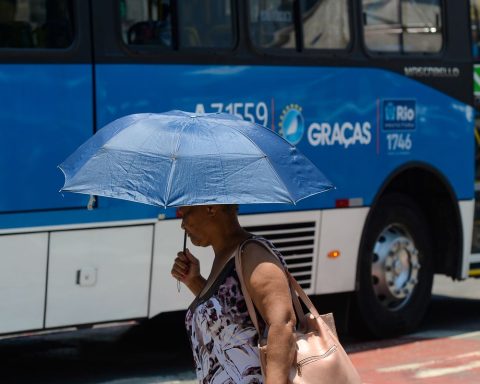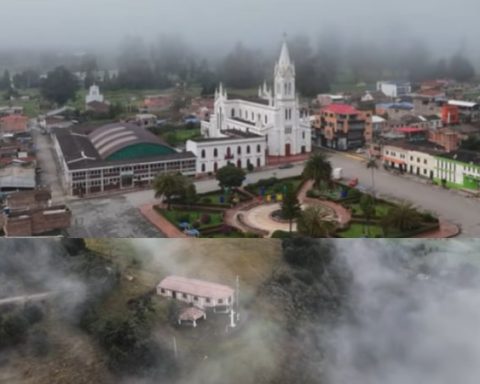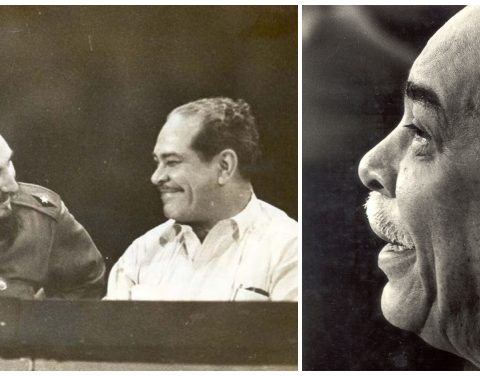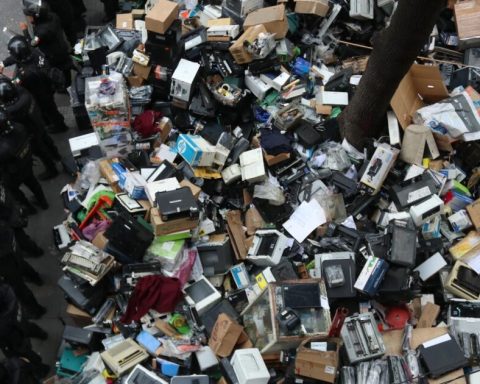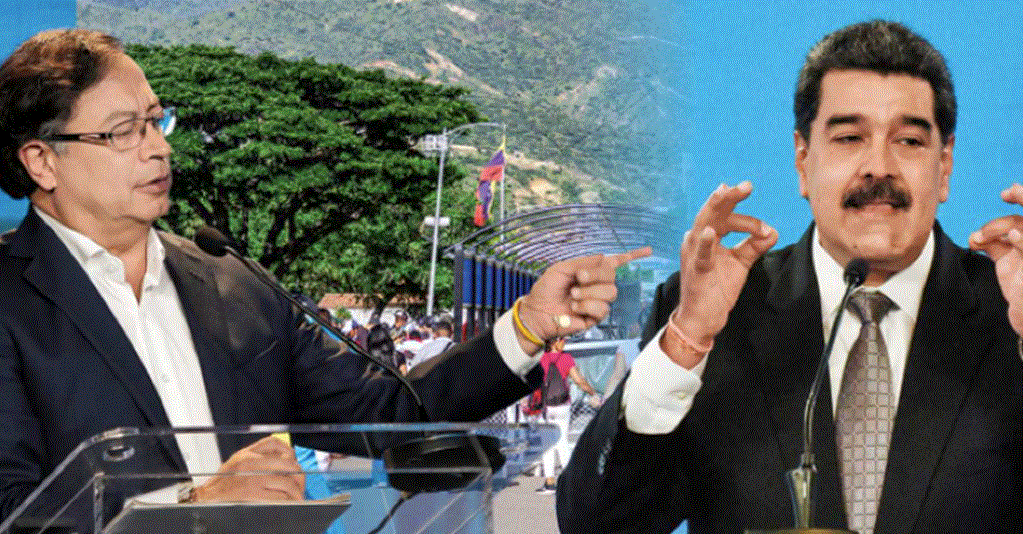
Gustavo Petro, president-elect of Colombia, expressed his willingness to normalize relations with the Venezuela of Nicolás Maduro, which did not exist during the government of Ivan Duke (2018-2022), who considered him a human rights violator for the alleged crimes of torture, murder, persecution of a defined population group, and mass arrests.
In the first interview with a Colombian media outlet (Cambio), after winning the elections, he claimed: “It is necessary to normalize relations [con Venezuela]. This is because we have been here for years and there are complexities in many issues. The border is my main concern. Because there is a strong, very strong illegality there.”
In addition, Petro, in the general lines of his government program, committed himself to the consolidation of a peace that transcends future generations, with coexistence and security throughout the national territory; also with the protection of the integrity and life of people under a model that prevents, prosecutes and punishes crime: “We will combine deterrence, the frontal fight against offenses and crimes, as well as proportionate, prompt and effective judicial sanctions.”
This commitment will be the cornerstone to rebuild trust in Petro’s relationship with the Colombian Military Forces, who are suspicious of his guerrilla past. The 2,119-kilometre border with Venezuela will be decisive in achieving this, as it is an area where irregular ELN groups, FARC dissidents, Mexican drug cartels and criminal gangs dedicated to drug smuggling currently operate outside the law. fuel and minerals, in addition to human trafficking.
Therefore, the normalization of Colombian-Venezuelan relations must lead to the exchange of information and intelligence between the binational security agencies on the gangs that operate on the border. Until now, the Bolivarian National Armed Forces of Venezuela have cohabited with these criminal gangs and irregular forces that operate in this territory. During this time, the story of the Venezuelan Ministry of Defense is that Colombia and the extreme right are enemies of the Venezuelan people.
A narrative that with Petro in the Presidency of Colombia will be difficult to put forward. So the FANB and Maduro are going to be faced with the dilemma of whether they guarantee security in the Venezuelan border space or continue to protect these criminal groups that handle between 5,000 and 9,000 million dollars a year as a result of illicit businesses.
In this sense, Duke has pointed out the duty of standardization. “The important thing here is that we continue to guarantee, especially on the Venezuelan side, that there is no coexistence with terrorism, because there is Pablito, there is Antonio García and there is Iván Márquez, so that they return them, that they send them to be capture and extradite them, so that they show Colombia that there is a will to collaborate with our country.”
Another aspect of normalization is the reestablishment of trade relations that have been carried out illegally across the border for 7 years. Unfair practices of all kinds include smuggling, money laundering, corruption, and human rights violations, especially of women and children.
Likewise, the great challenge for the return of Colombian companies to Venezuela is the legal certainty that guarantees their investments. Let us remember with the closure of the border in 2015, around 5,000 million dollars were not canceled, with little chance of recovering them today.
In addition, when reviewing the different stages of Colombian-Venezuelan relations from 1830 to the present day, it can be identified that the issue of security has been essential in the processes of rapprochement or distancing. Its importance is of such importance that it influences commercial and economic variables. With greater tension and securitization, bilateral problems in trade, economy and finances increase. Evidence of this can be seen in the sharp drop in Colombian exports in the period 2008-2010 of Álvaro Uribe-Hugo Chávez. It went from 6,092 to 1,423 million dollars.
If the new stage of the Colombian-Venezuelan relationship is going to be that of “security throughout the national territory to live without fear and freedom”, Nicolás Maduro and his Defense Minister, Vladimir Padrino López, are going to have to commit to “The frontal fight against offenses and crimes, as well as the proportionate, prompt and effective judicial sanction in the more than 2,000 kilometers of border. Otherwise, continuing to cohabit with irregular groups and criminal gangs will generate tension in the relationship because Petro will lose the confidence of the Colombian public forces and, consequently, the stability of the government.
